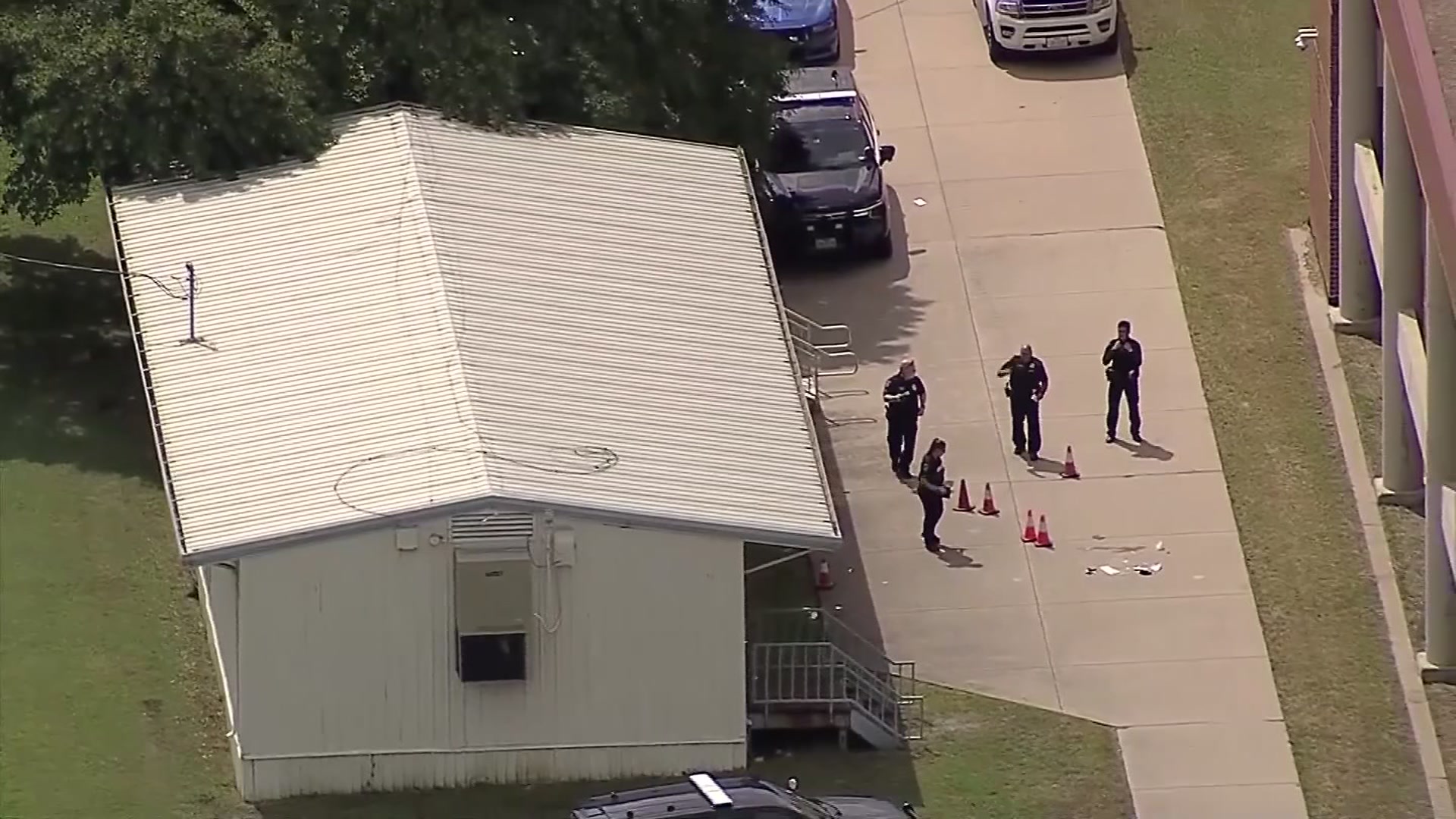Deborah McMurray has put her heart and soul into her small business, a strategy and technology company in Dallas.
"Our employees are all really smart," she said. "Lots of engineers. Everyone has college degrees."
In May, McMurry received a text from one of her employees. It was a message she said made no sense at all.
"The text said 'I'm about to get that transfer for you.' I had no idea what she was talking about," she said. "So I quickly texted back and I asked 'What transfer?'"
The employee then sent her a screenshot. It was an email from McMurray asking her to transfer $24,500 to a bank account.
McMurray said she never sent that email, yet it was coming from her email account.
"It looked entirely legitimate," she said.
Local
The latest news from around North Texas.
It's happened seven different times; emails that appear to be from McMurray asking her employees to wire tens of thousands of dollars
"I was horrified, wondering who in the world would do this to us," she said.
It's known as "CEO Fraud." The FBI says it's claimed more than $2 billion in funds globally.
Here's what happens: An imposter finds an executive's email address, typically from a company website. They spoof the address and ask employees to wire money, hoping someone takes the bait.
Small businesses may be more vulnerable than others because of smaller budgets and fewer resources. Fortunately, McMurray's employees were vigilant and called her first.
"And praise the Lord, no one transferred money," she explained.
McMurray is relieved, but at the same time, disturbed.
"It felt like someone had broken into my home," she said. "It felt that personal and that targeted and that intrusive it was really frightening."
The FBI says business email scams are among the fastest growing internet fraud schemes. They cost American businesses hundreds of thousands of dollars every year.
Here's what businesses of all sizes can do to protect the company:
• If your boss ever asks you to wire money via email, pick up the phone and call them.
• Meet with your IT department and come up with an action plan if your email account has been hacked.
• If you ever suspect fraudulent activity, call the FBI at 800-CALL-FBI.



